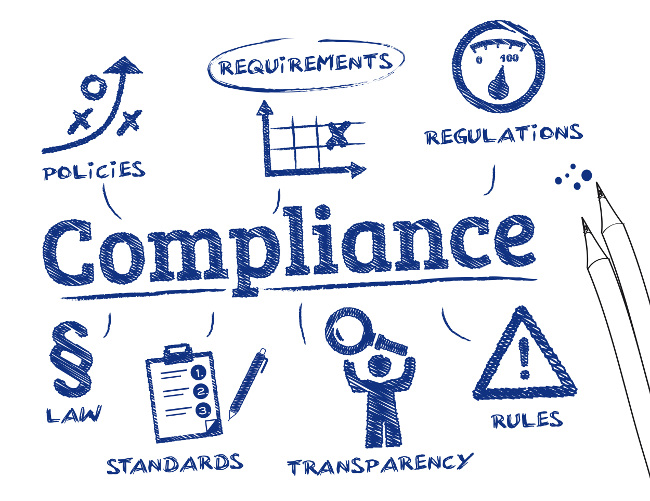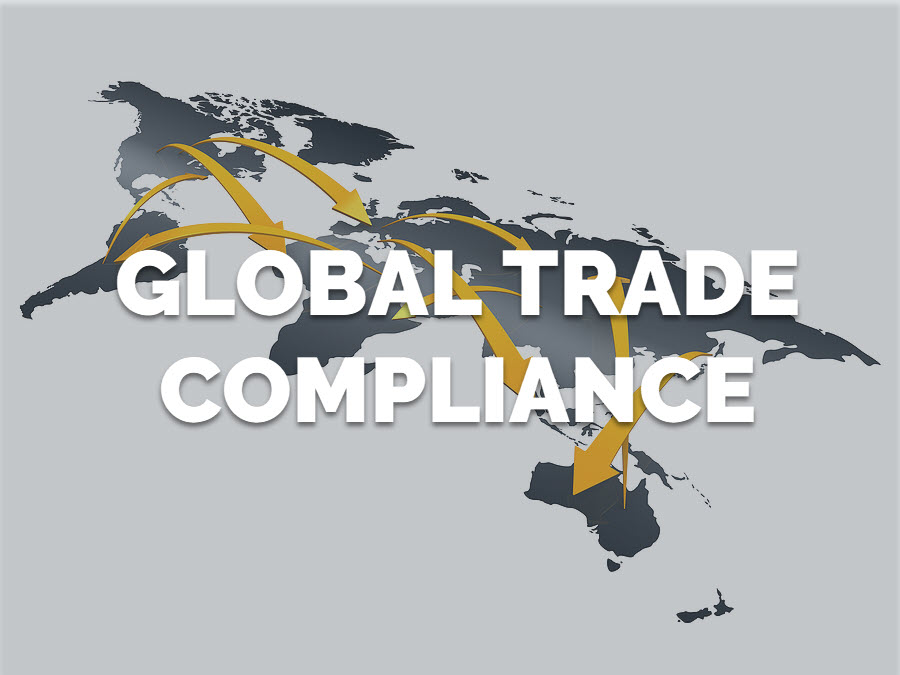It’s a fancy way to say we need to follow the rules for exporting and importing goods to and from the United States. Well, in the 21st century, almost everything is made somewhere else. This means that almost everything you own is either imported into the United States. Either manufactured here and exported outside our borders. Trade compliance is one of the top priorities of your business, and this article provides an overview of trade compliance.
What is trade compliance?
Trade compliance is a set of rules and regulations that govern the importation and exportation of goods. It aims to ensure that the United States maintains economic prosperity through free trade while protecting American workers from the effects of unfair competition. These laws aim to ensure that goods imported into the United States meet certain quality standards and protect intellectual property rights. They also prevent child labor and human trafficking from occurring in foreign countries. In addition, trade compliance helps to implement fair trade policies and ensure that the US dollar remains strong against other global currencies.

What is the purpose of trade compliance?
Trade compliance is a measure that helps the US government implement fair trade policies. And a system to ensure that all goods imported into the United States meet certain quality standards. This is particularly important for products such as food, clothing, textiles, and electronic products. These products are usually produced in developing countries, where labor laws may not be as strictly enforced as in the United States.When companies are able to import these goods at lower prices due to lax labor regulations or child labor practices. This will put domestic manufacturers at an unfair disadvantage.
Why does trade compliance matter?
Trade compliance is crucial. Because it helps ensure that American companies can obtain a fair competitive environment when competing with foreign companies for customers and contracts.By ensuring fair trade practices, companies can continue to grow and thrive in the global economy. It’s also important to note that trade compliance is not just about ensuring fair labor practices.This is to ensure that American companies and consumers are not subject to regulation. The potential harm of counterfeit products, illegally obtained materials, or other forms of fraud in imported goods from less stringent developing countries.

What are the three major goals of trade compliance?
There are three major goals of trade compliance. Firstly, it ensures that companies and consumers are not subject to regulation. The potential harm of counterfeit products, illegally obtained materials, or other forms of fraud in imported goods from less stringent developing countries. Second, it gives U.S. companies access to a level playing field when competing with foreign companies for customers and contracts.Thirdly, it protects the rights of workers around the world. They are often exploited by unscrupulous employers who do not observe Fair Labor Standards Act of 1938 practices.

Licensing imports and exports
Licensing imports and exports is a critical part of trade compliance. It ensures that the goods you buy and sell meet certain standards and are legal to import or export. Licensing helps protect consumers, businesses and workers by ensuring products are safe to use and made under fair labor conditions. For example, if you import products from China and sell them in the United States. You need a Bureau of Industry and Security (BIS) license.This ensures that the product doesn’t contain any restricted technology or materials that could be used for military purposes. Licensing also helps prevent counterfeit goods from entering the market, which can hurt consumers and businesses who rely on authentic products.
As a result of licensing requirements, businesses must be aware that they must obtain licenses before importing or exporting certain items. These include:
-Military goods, including weapons, ammunition and explosives.
-Precious metals such as gold and silver.
-Rare earth minerals, which are used to manufacture electronic devices such as smartphones.
-Sensitive technologies like encryption software and computer chips that can be used in military equipment.
-Cultural goods such as artworks and artifacts, which can be subject to export restrictions.
-Radioactive materials, since they can pose a serious health risk if not handled properly.

Takeaway:The bottom line is that non-compliance with trade law can end up being a costly mistake for businesses.However, by utilizing trade compliance software and consulting services. You can help ensure that you are prepared to comply with all relevant regulations and standards without losing everything.
Maxtop Tech is a China sourcing company and supply chain assistance management company. Our service for buying office is help our customers to import goods from China more smoothly, more simple. more time-saving.
